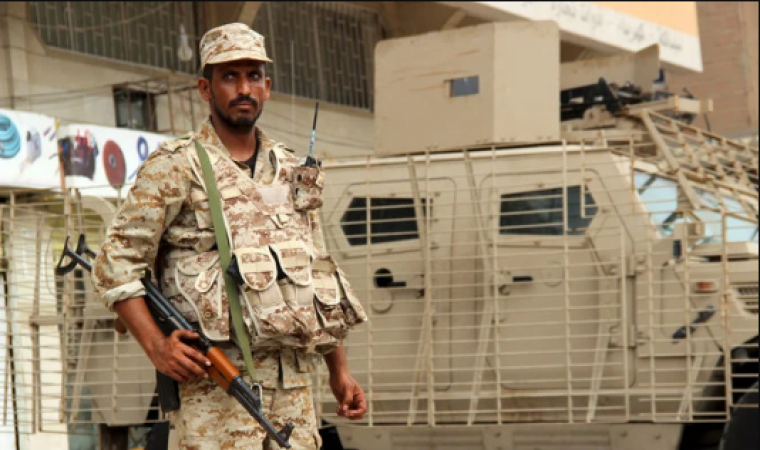
Al Mukalla: Omani mediators abandoned Sanaa without any progress, and the Houthis, who are backed by Iran, threatened to resume fighting if their demands were not met, dashing hopes that the UN A mediated cease-fire would resume and peace was brought to Yemen.
Omani mediators left Sanaa on Sunday after meeting with top Houthi officials and learning of their requests for an extension of the ceasefire and to participate in peace talks to end the conflict. Mediators from their country of origin had arrived in Sanaa only last week.
The Houthis claimed that their leaders informed Omanis that the movement would not agree to extend the October ceasefire until Yemen's internationally recognized government paid its fighters, including civil servants throughout the country and did not share in the profits from the sale of oil and gas. with them. They threatened to resume a massive military operation if their demands were not met.
Also Read: Eight people were killed in a Daesh attack on a jail in Syria
The Houthis' chief negotiator Mohammad Abdulsalam said, "Our troops on the ground have implemented new rules of engagement, and the other side must realize that we have entered a new phase and there are currently no commitments under the ceasefire." "
He said attacks on oil infrastructure in areas under government control would continue until profits were shared and wages were paid. The Houthis have held "fruitful" discussions with the Omani people, Abdulsalam continued.
Although the Yemeni government allowed the resumption of commercial flights from Sanaa airport and facilitated the arrival of fuel ships to Hodeidah port, the Houthis refused to open roads into the besieged city of Taiz, a key condition of the deal. Was. As a result, a UN-brokered ceasefire that took effect on 2 April and had been extended twice collapsed.
Also Read: Philippines: Christmas nightmare as 6 die, 19 missing due to rains, floods
To prevent the Yemeni government from exporting fuel, the Houthis launched drone attacks on two oil facilities in the southern provinces of Hadramaut and Shabwa in October. One of the facilities was shut down as a result, and the country's oil shipments were halted.
According to a Yemeni government official speaking to Arab News in response to the Houthis' demands, the government will only pay salaries based on payrolls from 2014 and after removing any names of Houthi fighters or militia members.
The official, who asked to remain anonymous, said that even if the government agreed to a pay transfer, the Houthis would still refuse to pay any public employees who did not agree to abide by their business code of conduct.
The militia introduced this code at the beginning of the month, and it effectively required personnel to declare their formal allegiance to the Houthis.
Also Read: Five army personnel martyred in IED blast in Balochistan’s Kahan
To show that they are in charge of the decision to make peace or start a war and to prevent anyone from challenging them regarding public funds under their control, the Houthis during the visit of the Omani delegation, according to political analyst and escalated his war rhetoric. Najib Ghalab, undersecretary in Yemen's Ministry of Information.
"None of the Houthi claims about wages and income are true," he declared. They demand a division of Yemeni government revenue while withholding payments from public employees working in areas they control.
They have huge financial resources which are enough to pay all the public employees.